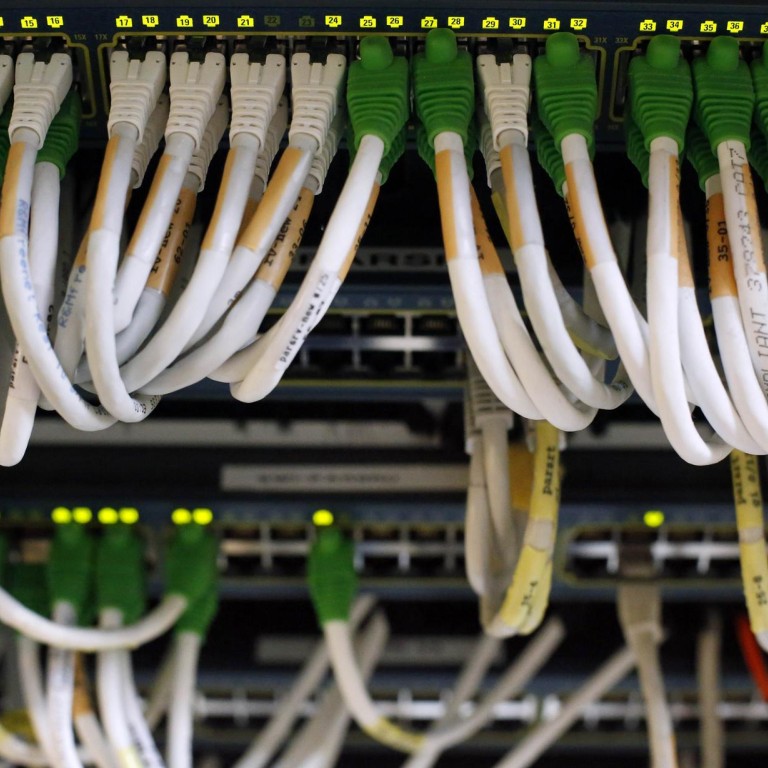
Europeans tap mass communications with UK's help, Snowden leaks reveal
For all their protests about US intrusion, major European nations all tap communications and share information, leaks by Edward Snowden show
The German, French, Spanish and Swedish intelligence services have all developed methods of mass surveillance of internet and phone traffic over the past five years in close partnership with Britain's GCHQ eavesdropping agency.

The files also make clear that GCHQ played a leading role in advising its European counterparts how to work around national laws intended to restrict the surveillance power of intelligence agencies.
The German, French and Spanish governments have reacted angrily to reports based on National Security Agency (NSA) files leaked by Snowden since June, revealing the interception of communications by tens of millions of their citizens each month.
US intelligence officials have insisted the mass monitoring was carried out by the security agencies in the countries involved and shared with the US.
The US director of national intelligence, James Clapper, suggested to Congress on Tuesday that European governments' professed outrage at the reports was at least partly hypocritical. "Some of this reminds me of the classic movie Casablanca: 'My God, there's gambling going on here'," he said.
Sweden, which passed a law in 2008 allowing its intelligence agency to monitor cross-border e-mail and phone communications without a court order, has been relatively muted in its response. But the German government has expressed disbelief and fury at the revelations from the Snowden documents, including the fact that the NSA monitored Angela Merkel's mobile phone calls.
After the revealed the existence of GCHQ's Tempora programme, in which the agency tapped directly into the transatlantic fibre-optic cables to carry out bulk surveillance, the German justice minister, Sabine Leutheusser-Schnarrenberger, said it sounded "like a Hollywood nightmare".
However, in a country-by-country survey of its European partners, GCHQ officials expressed admiration for the technical capabilities of German intelligence to do the same thing. The survey in 2008 said the Federal Intelligence Service (BND) had "huge technological potential and good access to the heart of the internet".
The document also makes clear that British intelligence agencies were helping their German counterparts change or bypass laws that restricted their ability to use their advanced surveillance technology.
The survey also praises the GCHQ's French partner, the General Directorate for External Security (DGSE). The DGSE's comparative advantage is said to be its relationship with an unnamed telecommunications company, a relationship GCHQ hoped to leverage for itself.
Noting that the British electronic intelligence agency had trained DGSE technicians on "multi-disciplinary internet operations", the document says: "We have made contact with the DGSE's main industry partner, who has some innovative approaches to some internet challenges, raising the potential for GCHQ to make use of this company in the protocol development arena."
In the case of the Spanish intelligence agency, the National Intelligence Centre (CNI), the key to mass internet surveillance, at least back in 2008, was the Spaniards' ties to a British telecommunications company (unnamed). That was giving them "fresh opportunities and uncovering some surprising results".
"GCHQ has not yet engaged with CNI formally on IP [internet protocol] exploitation, but the CNI have been making great strides through their relationship with a UK commercial partner," the report said.
The British agency also claimed some credit for the Swedish parliament passing a bitterly contested law allowing the country's National Defence Radio Establishment (FRA) to conduct Tempora-like operations on fibre-optic cables.
The document expresses frustration over the internal friction between Italian agencies and the legal limits on their activities.
